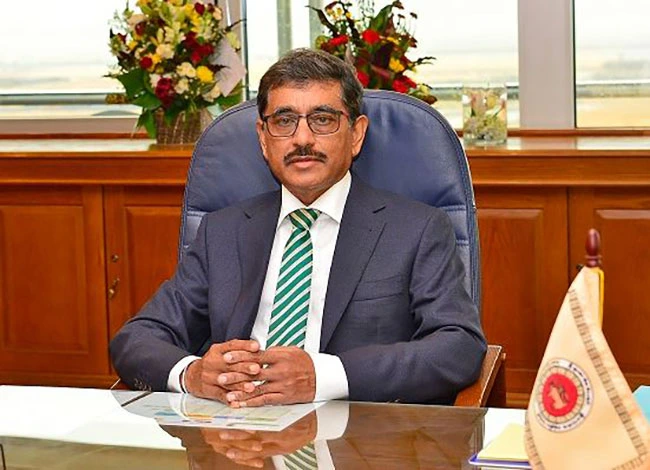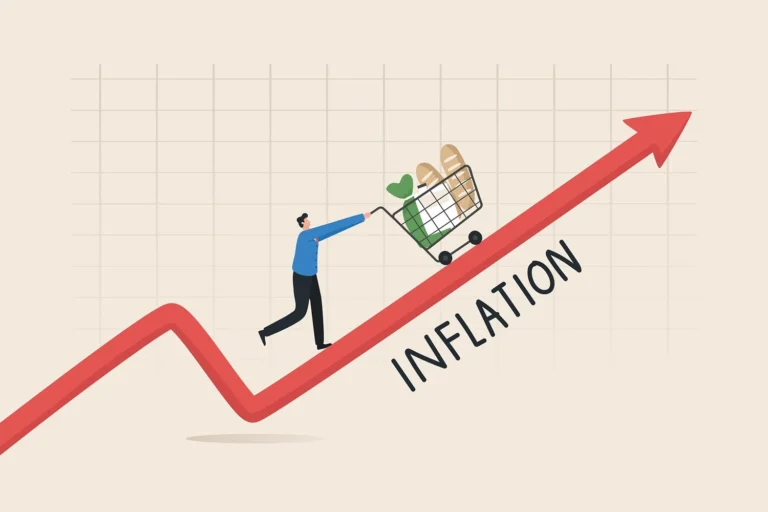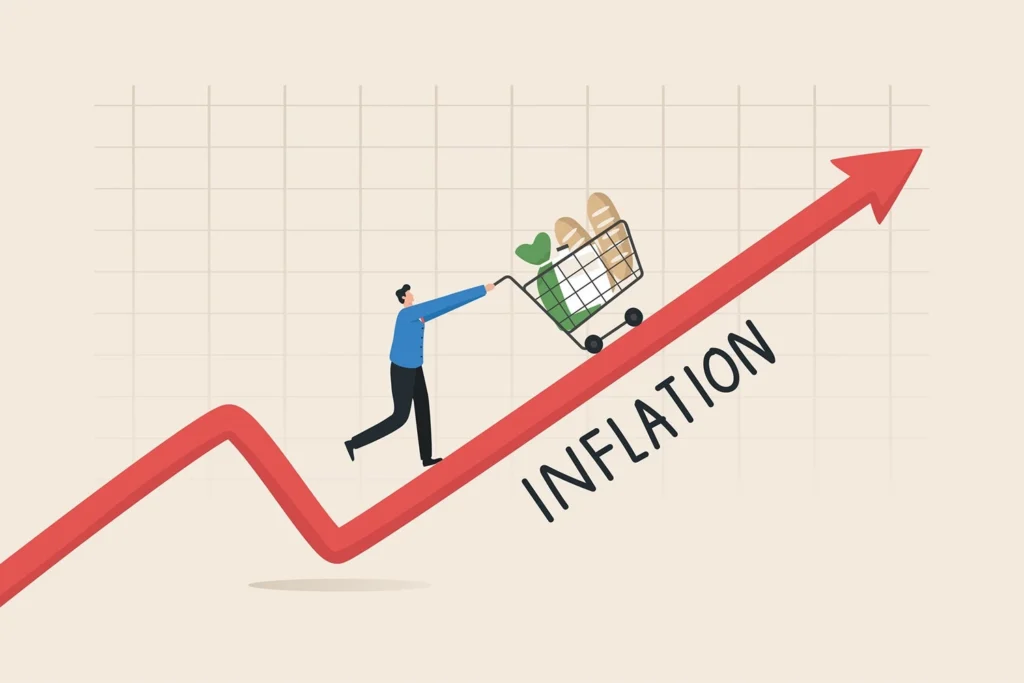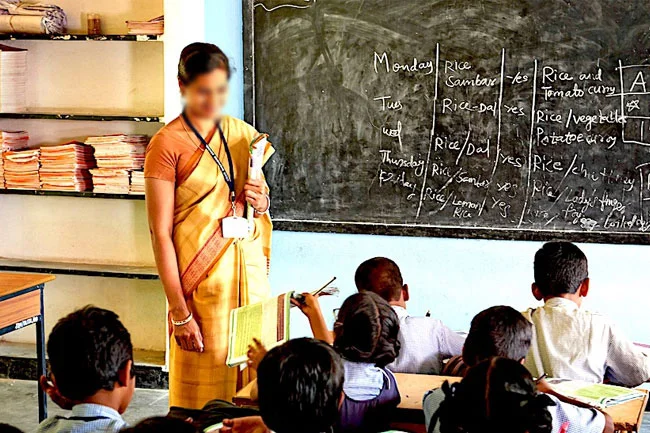The Critical Role of Foreign Investment in Sri Lanka (FDI)
Data from the US State Department shows that foreign investment in Sri Lanka is critical as the nation grapples with the aftermath of its worst economic crisis in recent history. As Sri Lanka stands at a crucial juncture preparing for the upcoming presidential election, the choices made by the electorate will not only shape the political landscape but will also have far-reaching implications for the country’s economic recovery, business confidence, and potential to attract foreign direct investment (FDI)
Sri Lanka’s Economic Downturn in 2022
In 2022, the Sri Lankan economy contracted by 8.7 percent, a direct result of unsustainable fiscal policies, soaring debt, and depleted foreign reserves. This economic downturn was accompanied by severe shortages of essential goods, including food, fuel, and medical supplies, pushing the country to the brink. The mass protests that culminated in the resignation of former President Gotabaya Rajapaksa underscored the public’s demand for change and accountability.
Reforms and International Support Under New Leadership
Since assuming office in July 2022, President Ranil Wickremesinghe has implemented a series of economic reforms aimed at stabilizing the economy and restoring confidence. These reforms, including tax hikes and the privatization of loss-making state-owned enterprises (SOEs), have been pivotal in securing a $3 billion Extended Fund Facility (EFF) from the International Monetary Fund (IMF). The EFF is intended to support Sri Lanka’s efforts to achieve budget sustainability and implement necessary structural adjustments. However, the success of these reforms hinges on the government’s ability to maintain political stability and demonstrate a commitment to transparency and anti-corruption measures.

An Uncertain Economic Future
The economic outlook for Sri Lanka, while showing signs of improvement, still remains uncertain. The IMF projects that the country’s GDP will contract by approximately 3 percent in 2023 before returning to positive growth in 2024. Inflation, which reached historic levels in 2022, has been gradually declining but continues to exert pressure on the economy. The Central Bank of Sri Lanka’s tight monetary policy, characterized by high interest rates, has contributed to the contraction but has also been necessary to control inflation and stabilize the Sri Lankan Rupee (LKR), which has experienced volatility since the lifting of the peg to the U.S. dollar in March 2023.
The Presidential Election: A Chance for Economic Revival
Amidst these challenges, the upcoming presidential election presents an opportunity for Sri Lanka to choose a leader who can steer the country toward sustained economic recovery. The Business Confidence Index, a key indicator of private sector sentiment, will be closely watched in the lead-up to the election. A leader who can inspire confidence among businesses and investors will be crucial in reversing the decline in FDI that Sri Lanka has experienced in recent years. In 2021, FDI stood at $780 million, a slight increase from $687 million in 2020, but still below the levels required to drive meaningful economic development. The government’s ability to attract FDI in sectors such as tourism, real estate, IT services, and light manufacturing will be instrumental in revitalizing the economy.
Capitalizing on Sri Lanka’s Strategic Location
Sri Lanka’s strategic location along the main east-west Indian Ocean shipping lanes offers significant logistical advantages, particularly with its deep-water ports that are unmatched by neighboring India. However, this potential remains largely untapped, and realizing it will require strong leadership that can foster an environment conducive to investment and growth.

The Stakes of the Upcoming Election
As voters head to the polls next month, the stakes could not be higher. The leader they choose will not only need to address the immediate economic challenges but also lay the foundation for long-term development. A government that can restore business confidence, attract FDI, and implement sustainable policies will be key to Sri Lanka’s future prosperity. The decisions made in this election will resonate beyond the political sphere, influencing the country’s economic trajectory for years to come.

The road to recovery is fraught with challenges, but with the right leadership, Sri Lanka has the potential to emerge stronger, more resilient, and better positioned to capitalize on its strategic advantages. The upcoming election is a critical moment for the country, one that will determine whether it can turn the corner and achieve the economic stability and growth that its people deserve.












